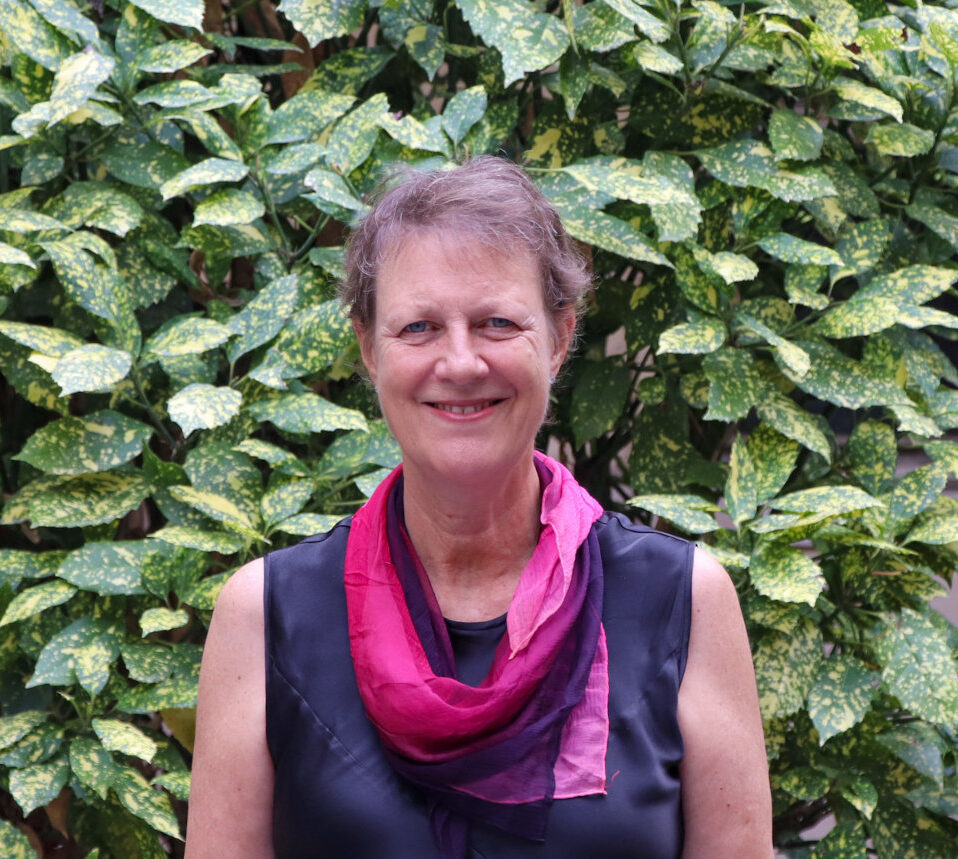Tania Li: anthropology and social justice
In Montpellier for ten months as part of the Mak'It program, anthropologist Tania Li from the University of Toronto is bringing together her work on social and environmental justice in Indonesia with that of her French colleagues from the SENS laboratory in West Africa, Mexico, and Myanmar.

Throughout her career Tania Li’s research has focused on questions of social justice. During 2023, the University of Toronto anthropologist put more time into writing for a broad public beyond academia. Under the guidance of an environmental journalist friend, she wrote about the impunity of large-scale palm oil plantations, backed by their government sponsors. She does not apologize for her critical stance. " I'm an established researcher, I can afford to do this," she observed.
To tell us about her scientific output, the researcher highlights three major books in her bibliography. Her latest book, " Plantation Life: Corporate Occupation in Indonesia's Oil Palm Zone ", focuses on the lives of Indonesians living in large-scale industrial plantation areas. Over the past 25 years, the Indonesian state has granted concessions to palm oil companies for almost a third of the country's agricultural land. " Together with Indonesian colleagues and numerous students, we carried out extensive ethnographic work to understand life in these areas," explains Tania Li. A life " under the occupation of large private plantations ", where rights, political practices and the environment are dominated by their presence. "The authorities' collaboration with the private companies is explicit, with dedicated teams of facilitators ," stresses the researcher.
Critique of development
Tania Li’s previous works also focused on rural Indonesia. "Anthropology is such an investment in culture, language, local networks... that when you start your fieldwork somewhere, you stay there." Born in Singapore, "family circumstances" brought her back there to do her thesis in the early 1980s, when she was a student at Cambridge University. She then turned to the Indonesian countryside as when she started her post-doctorate in 1989, to fill a gap: "Scientific and media attention is mainly focused on the urban population. Yet between 1990 and 2020, the rural population of Southeast Asia increased by 30 million!”
Li’s seminal work “The Will to Improve: Governmentality, Development, and the Practice of Politics”, published in 2007, is a critical study of development(french version). Spanning 200 years, the anthropologist explores development policies from colonial times to the present day. “I’m interested in this normalization of intervention in people’s lives, from diagnosing their problems to finding solutions.” Her book created some debate in international development organizations. It also questions local NGOs: what is it about their methods that differentiates them from other solution prescribers?
Farmers and global market
With the publication in 2014 of her book "Land's End: Capitalist Relations on an Indigenous Frontier", Li’s critical thinking then f=cused on the presupposition that small farmers would be reluctant to enter market agriculture. "The lack of understanding of economic dynamics is once again marked by the colonial heritage” she explains. “In colonial times, the passive resistance of peasants who did not deliver the expected products was interpreted as a lack of entrepreneurial sense or a refusal of capitalism; in reality, it was peasants’ reaction to the miserly purchase prices offered by the Dutch occupiers.” “Land’s End” follows the path of contemporary farmers who started growing cacao. Strikingly, these farmers were willing to choose a global market crop, but they didn't anticipate the violent social differentiation that went with it: "some will win and some will lose!"
In Montpellier for ten months on a grant from the French Institutes for Advanced Study (FIAS) in collaboration with Mak'It, Tania Li is working with members of the SENS laboratory to explore social and environmental justice claims in the South. "Concepts of social and environmental justice are based on theories that are supposedly universal. However, what is perceived as an injustice, the possibility of recourse to the law, the responses of governments - all this obviously depends on the context", explains the anthropologist. This research will be the subject of a symposium to be held in Montpellier from April 24 to 26, 2024.
